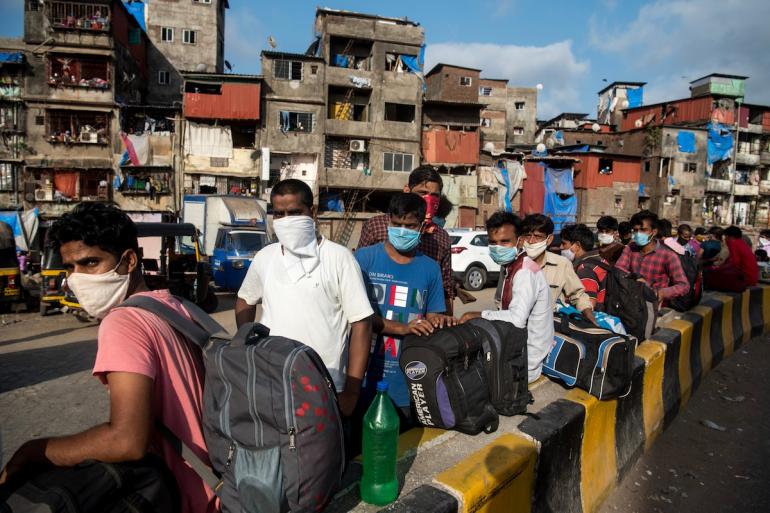More Indian workers at risk of suicide due to financial hardships caused by COVID-19

There is gloom in Bamora village in the central Indian state of Madhya Pradesh’s Sagar district. A migrant worker Manish ‘Sunil’ Vishwakarma, who had returned from Delhi in May this year when the entire nation was under COVID-19 induced lockdown, allegedly committed suicide.
Sunil, 34, had arrived at his native Bamora village on May 17 on a ‘Shramik’ or labor special train.
He committed suicide by hanging in his house on June 10.
Sunil’s brother Anil Vishwakarma said Sunil worked in a restaurant in Delhi which closed because of the lockdown.
“He lived there with his wife and two children. All of them returned to their home place Bamora as there was no work in Delhi and it was impossible to survive there without work,” Anil said.
“But things are no better here. Sunil was depressed after being out of job due to the lockdown. With no prospect of income and no means of sustenance, he took his own life,” he said.
India saw a 3.4 percent jump in deaths by suicide in 2019 compared with the previous year with population groups normally linked with low incomes recording a notable number of suicides. The country saw a total of 139,123 suicides during 2019.
A recent government data provided by the country’s National Crime Records Bureau (NCRB) also showed that nearly two-thirds of the total suicides committed in 2019 were by those who had an annual income of less than Rs 100,000 (or about $US1,400).
Although the NCRB data only includes suicides during 2019, the current year is even more challenging for India’s poor daily wage and migrant workers and farmers due to coronavirus pandemic and lockdowns.
Daily wage earners, who form India’s lowest-earning population category, have the highest share in the number of suicides in India as almost every fourth (23.8 percent) suicide in 2019 was by a person belonging to this group. As many as 32,563 daily wage earners ended their lives during the year, up from 30,132 in 2018, the data revealed.
The last five year’s NCRB data reveals the percentage of daily wage earners dying of suicide is rising in the country.
In 2015, the share of daily wage earners dying of suicide was 17.87 percent (23,779), which increased to 19.2 percent (21,902) in 2016, 22.1 percent (28,737) in 2017, and 22.4 percent (30,124) in 2018. This has further risen to about 24 per cent in the latest NCRB data for 2019. - LiCAS.news
Radio Veritas Asia (RVA), a media platform of the Catholic Church, aims to share Christ. RVA started in 1969 as a continental Catholic radio station to serve Asian countries in their respective local language, thus earning the tag “the Voice of Asian Christianity.” Responding to the emerging context, RVA embraced media platforms to connect with the global Asian audience via its 21 language websites and various social media platforms.














